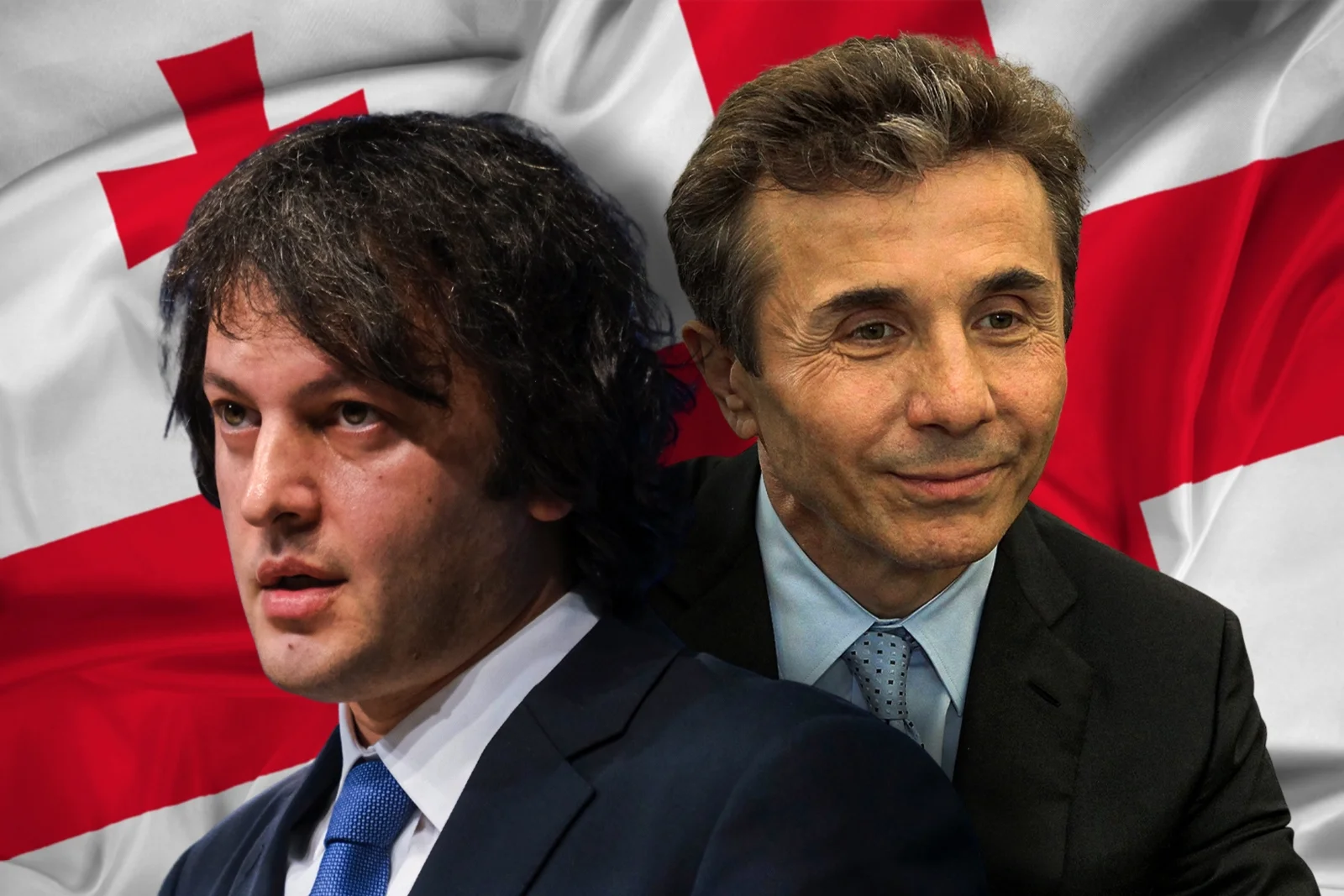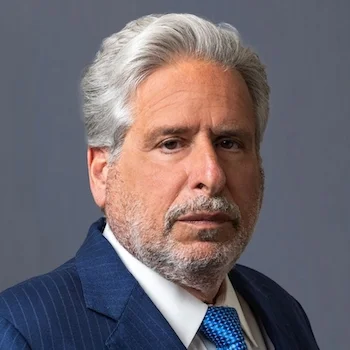
It’s Not Too Late to Save Georgia From Authoritarian Rule
Georgians head to the polls next month for local elections, but this will be no ordinary democratic contest. Once celebrated as a dynamic upstart and an international darling of Euro-Atlantic ambition, Georgia has slid into de facto autocracy.
In July, a European Parliament report denounced the “capture of the state institutions and democratic safeguards,” citing “brutal crackdowns” on protests, “violent repression…arbitrary and politically motivated detention…[and] systematic torture” of peaceful demonstrators and political opponents. Since last October’s election—widely seen as rigged by the ruling Georgian Dream administration—there have been more than 250 days of continuous protest. Six opposition leaders are in prison or facing charges; more than 800 civil servants have been dismissed; and individuals linked to civil-society groups have had their assets frozen.
At the center of this reversal is Bidzina Ivanishvili, the country’s former prime minister and the operator of the ruling coalition, who has consolidated power and pulled Georgia off its Euro-Atlantic path. Increasingly, the country resembles Putin’s Russia, with the state apparatus routinely used to settle personal scores and silence political opposition.
Consider the case of George Bachiashvili, whom my firm represents: a prominent, Western-educated investor and former senior adviser to Ivanishvili. In May, at Georgia’s request, he was detained in the United Arab Emirates, blindfolded, and forcibly returned to Tbilisi on the country’s commercial airline, accompanied by the head of its security service.
He is now being held in jail, where he has already been brutally assaulted, deprived of access to his international lawyers or contact with his family, and threatened with up to 21 years’ imprisonment. The primary case against him concerns allegations of a cryptocurrency investment fraud purportedly perpetrated against Ivanishvili.
Transparency International has been unequivocal: “The charges against Bachiashvili are devoid of both legal and factual grounds…in any legal system based on the rule of law, such charges would not only be inconceivable but would never even reach court proceedings.”
The timing is telling. The prosecution followed Bachiashvili’s public break with his former patron: he denounced Russia’s invasion of Ukraine in social-media posts, voiced support for Georgia’s accession to the European Union, and criticized the government. His participation in street protests—and his financial support for detained demonstrators—was matched by an acceleration of legal proceedings against him.
The underlying dispute only underscores the case’s absurdity. In 2015, Cartu Bank—beneficially owned by Ivanishvili—provided a $5 million loan to Mission Gate Inc., Bachiashvili’s venture-capital firm. He combined those funds with $1.3 million of his own capital to invest in a technology start-up. The loan was fully repaid with interest, in accordance with the agreement. Yet the charges rest on no evidence beyond Ivanishvili’s own allegations.
That, in some ways, is the point. For years, Ivanishvili instrumentalized the Georgian judiciary from the shadows, preserving a measure of deniability. Now the mask has slipped: he is the direct complainant behind the charges. The legal system is being wielded as a personal cudgel.
Bachiashvili is a political prisoner—one of several powerful figures who could threaten Ivanishvili’s authority. Georgia occupies a strategically vital position along the East-West axis, and if the West turns a blind eye to its democratic backsliding, the repercussions will be obvious. Abandoning its EU accession efforts, the country would fall further into Russia’s sphere of influence.
The European Parliament’s Foreign Affairs Committee has called for the release of opposition leaders ahead of the October elections and for the creation of an independent and impartial election administration, with international observers, to guarantee a fair, free, and transparent vote. It has also urged the European Union and its member states to impose sanctions on key Georgian Dream political leaders, including “immediate and targeted personal sanctions” against Ivanishvili, his family members, and affiliated companies within the EU, and it has encouraged the United Kingdom to freeze Ivanishvili’s financial assets.
The United States sanctioned Ivanishvili in December 2024, freezing his assets and blocking his financial transactions. Why EU governments have thus far failed to do the same remains a mystery—especially France, where he has considerable assets and where members of his family now live. The time to act is now. Ivanishvili’s behavior is becoming more erratic, more unhinged, and more dangerous. He appears to believe he can act with impunity and without consequence. A captured judiciary should not function as a single oligarch’s private political weapon.
Decisive intervention by the EU and other Western nations could still have an impact. The Georgian Dream regime lacks the institutional capacity for large-scale repression and faces continued defiance from its own people. Unlike Russia or Belarus, Georgia does not have a tradition of overwhelming centralized state power, which makes total control and enforcement far more difficult.
There is, therefore, a clear strategic imperative to act. Allowing a pro-Russian regime to consolidate its power illegally would mean the loss of a key partner in the Black Sea region, with significant repercussions for Europe’s security architecture and for U.S. economic interests. Now is not the time to give up on the promise of the Georgian people, who emerged from the collapse of the Soviet Union, endured a brutal civil war, and have repeatedly affirmed a strong commitment to a European orientation, support for democracy, and a distaste for state repression.
